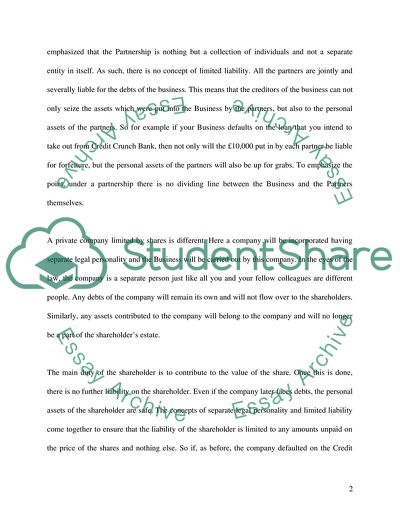Cite this document
(“Company law Essay Example | Topics and Well Written Essays - 4500 words”, n.d.)
Company law Essay Example | Topics and Well Written Essays - 4500 words. Retrieved from https://studentshare.org/miscellaneous/1565344-company-law
Company law Essay Example | Topics and Well Written Essays - 4500 words. Retrieved from https://studentshare.org/miscellaneous/1565344-company-law
(Company Law Essay Example | Topics and Well Written Essays - 4500 Words)
Company Law Essay Example | Topics and Well Written Essays - 4500 Words. https://studentshare.org/miscellaneous/1565344-company-law.
Company Law Essay Example | Topics and Well Written Essays - 4500 Words. https://studentshare.org/miscellaneous/1565344-company-law.
“Company Law Essay Example | Topics and Well Written Essays - 4500 Words”, n.d. https://studentshare.org/miscellaneous/1565344-company-law.


